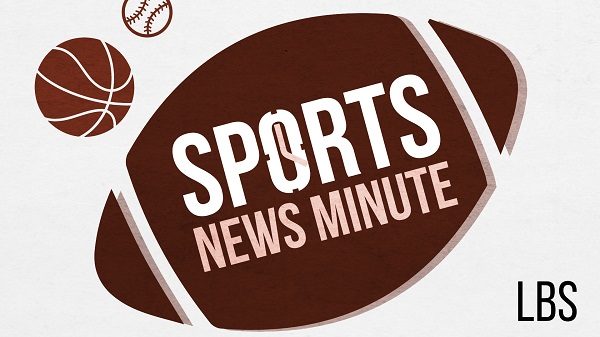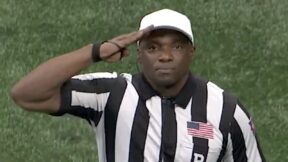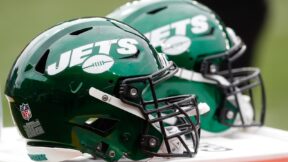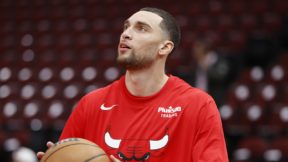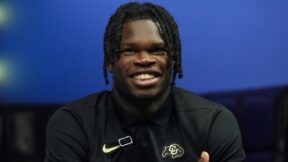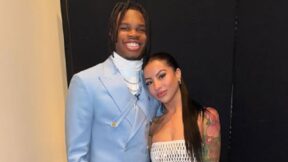Was Rich Paul’s advice for Darius Bazley a factor in new NCAA rule?
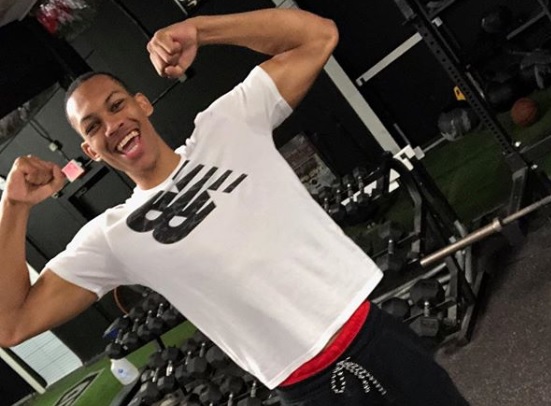
The NCAA this week added criteria to its rules about the agents student-athletes who are testing the draft waters can hire that some believe are targeted at NBA superagent Rich Paul.
The new criteria state an agent must have a bachelor’s degree, be certified with the NBAPA for at least three years, and take an exam at the NCAA Office to be eligible to provide advice to such players. Paul has over 25 NBA players as clients and has negotiated hundreds of millions of dollars in contracts despite not having a bachelor’s degree. Yet this rule would prevent him — and any other agent who falls short of the qualifications — from being able to advise such fringe draft prospects.
Though the rule seems to be in place to help ensure student-athletes are receiving high-quality advice from experienced agents, it also has a discriminatory effect. Why box out agents like Paul, who has clearly demonstrated his ability to represent his clients well? An experienced agent who is a college graduate is just as able to provide bad advice or lie to a prospective client as an agent who did not graduate from college and only has two years being certified.
Those who believe the rule is targeted at Paul view the Darius Bazley situation as part of the NCAA’s motivation.
Bazley was a five-star recruit from the class of 2018 and originally committed to Jim Boeheim’s program at Syracuse. He signed a Letter of Intent to play at Syracuse in Nov. 2017 but announced in March 2018 that he would go straight to the G League instead. This left Boeheim upset. Interestingly, Bazley never went to the G League. Instead, he signed with Paul’s Klutch Sports.
Paul arranged an unconventional deal for Bazley, setting him up with an internship at New Balance that would pay the basketball player $1 million over five years as long as he’s in the NBA, and potentially as much as $14 million. It gave the shoe/apparel company early access to a future NBA player and also allowed Bazley to learn about an industry he cared about. The arrangement would also provide Bazley with plenty of time to practice and train. Boeheim later took a shot at Paul and the agent’s most famous client, LeBron James, in further comments.
Bazley ended up becoming the No. 23 overall pick in this year’s draft and is now with the Oklahoma City Thunder. Though it’s hard to know whether ot not playing in college harmed his development, it’s difficult to argue that skipping college hurt his draft stock.
Now, does the NCAA have an issue with Paul? They might.
Paul said in an interview on ESPN’s “The Jump” in October that the Bazley deal served to expose an NCAA system he believes is broken. He called the NCAA a system people have “been able to control for a long time” that needed to change. He also stated he believed he was viewed as a threat to the system.
“And when you’re a threat to that system, they don’t like that,” Paul said.
Even though Paul helped Bazley figure out a plan that the athlete wanted, that doesn’t make him anti-college basketball. In fact, he said he wouldn’t advise such a plan for everyone, and said most players need college.
“It’s not for everybody, so I’m not going to sit here and say anyone should follow this path,” Paul said. “This was just the right path for Darius Bazley. This is the right path for Darius Bazley and his family. It takes a collective group of people; his mom was very understanding and willing to allow me to advise them as a family. And the parents are important in this, as well. It’s not just me. The parents are very important. And you have to work together with families to help them understand why this is important.”
Paul said going to college is “the right thing” for most players.
“Because you need to learn how to play the game,” Paul said. “And you need to learn how to mature as a man.”
Paul clearly upset Boeheim. The agent bluntly stated that he was trying to disrupt the NCAA’s system to give players more options, ones that would better suit their needs. Given that context, it’s not out of the realm of possibility that the NCAA doesn’t want Paul advising more and more players to avoid college, because that would erode their supply of high-end talent.
Players have chosen to play professionally overseas rather than attend college in the past. Brandon Jennings, Emmanuel Mudiay and Terrance Ferguson are a few who have done that. RJ Hampton and LaMelo Ball are two current draft prospects who have opted to play in the Australian league rather than go to college.
The NCAA may say they don’t want players who are uninterested in college enrolling in school, but there’s only so much of that they could take. Deep down they still want quality players in college programs so they can provide a better television product. An agent who can weaken the NCAA and college basketball through his creativity and ingenuity could be considered a threat to them.

